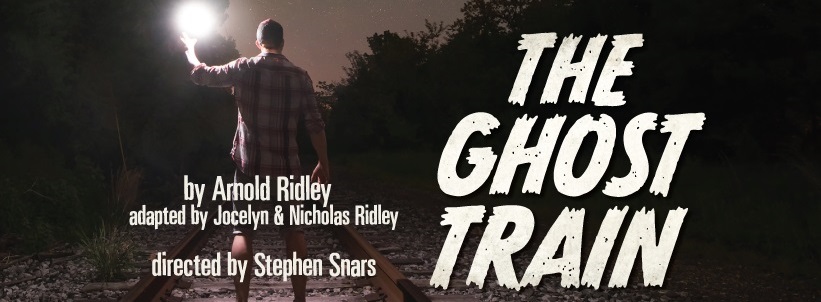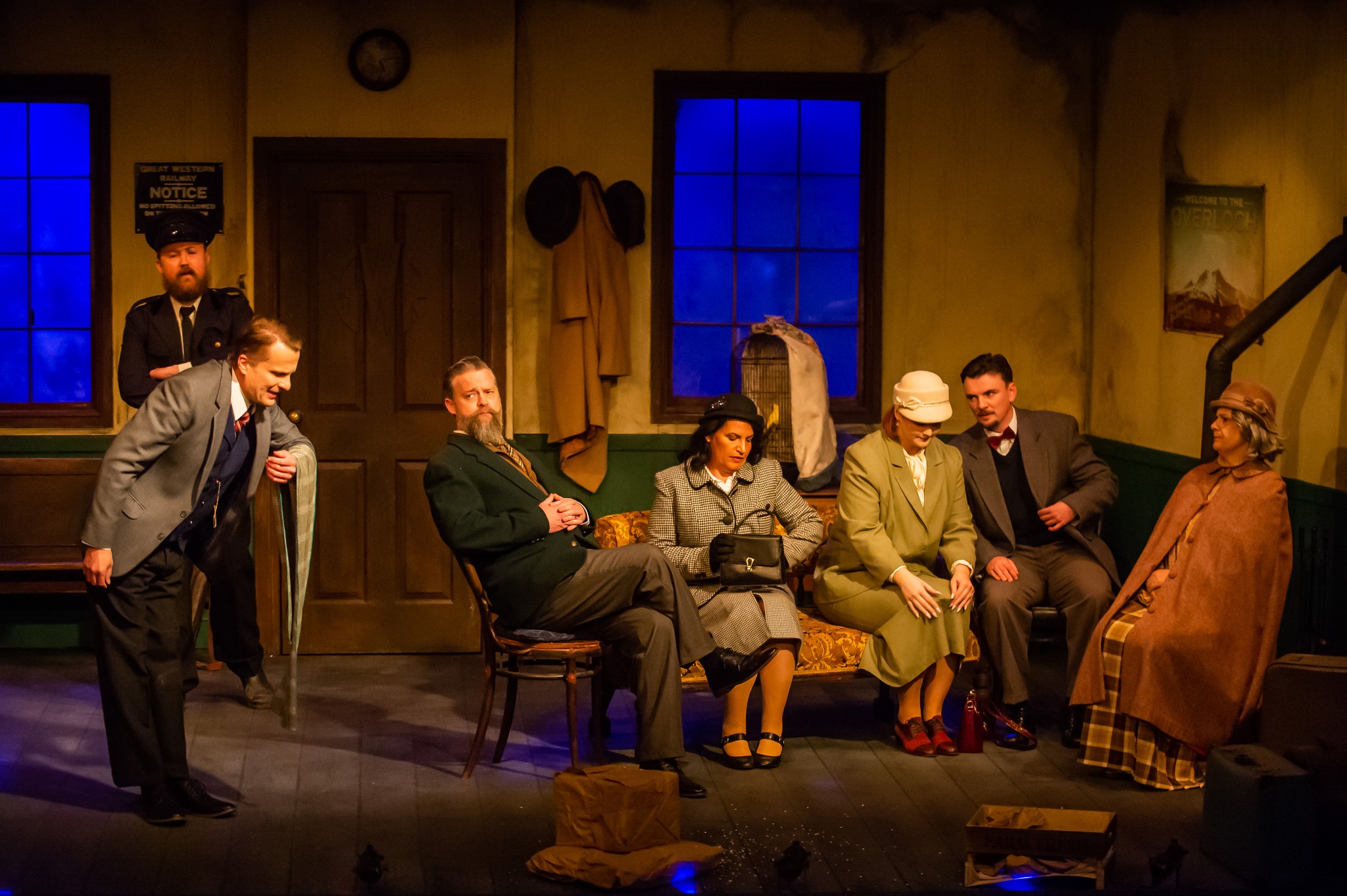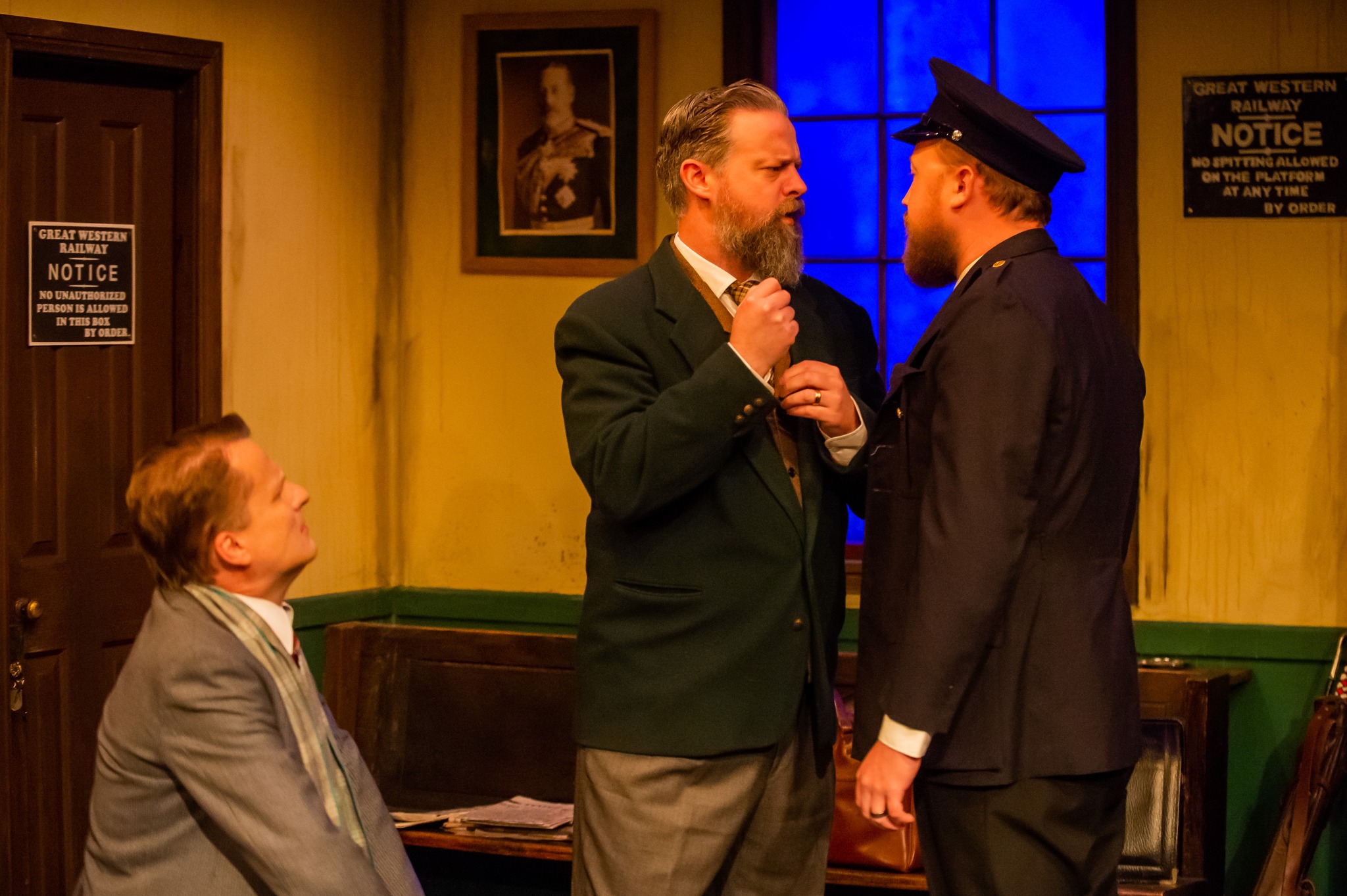Genesian Theatre is going out with a bang with this endearing production of Jane Eyre. Like its titular character, the show is small and mighty, brimming with confidence, and is a fine send off before the theatre relocates to its new premises.
I’m not an easy critic when it comes to Jane Eyre. The novel by Charlotte Bronte is one of my childhood favourites, and I was fortunate enough to catch Sally Cookson’s tremendous adaptation at the Bristol Old Vic ten years ago. But writer/director Ali Bendall’s version, brought to life here, is an honest and enjoyable romp through Jane’s life, which steers away from the more dire moments and instead concentrates on the protagonist’s wit and resilience.
Orphaned Jane, played by the spirited Kyra Belford-Thomas, manages to escape her nasty aunt’s home by getting herself sent to school at Lowood. There, she transforms into an educated young lady, but teaching at the school still feels like a trap. Jane longs to escape her cage and sets off to become a governess at Thornfield Hall, where she soon falls in love with the enigmatic Mr Rochester, played with bristling charm by Vincent Andriano. The play is backed by a strong supporting cast, who occasionally do double duty as schoolgirls (regardless of age or gender).
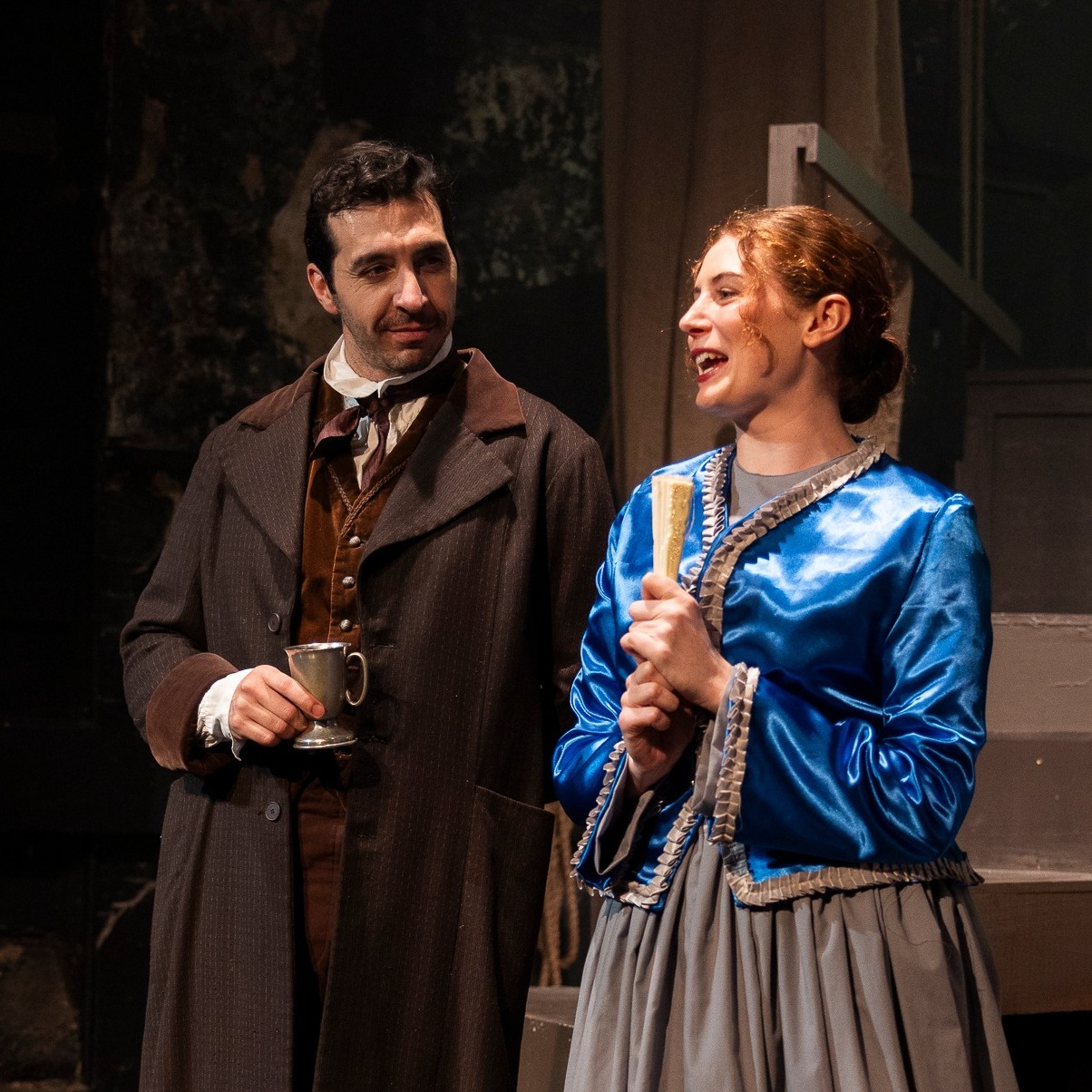
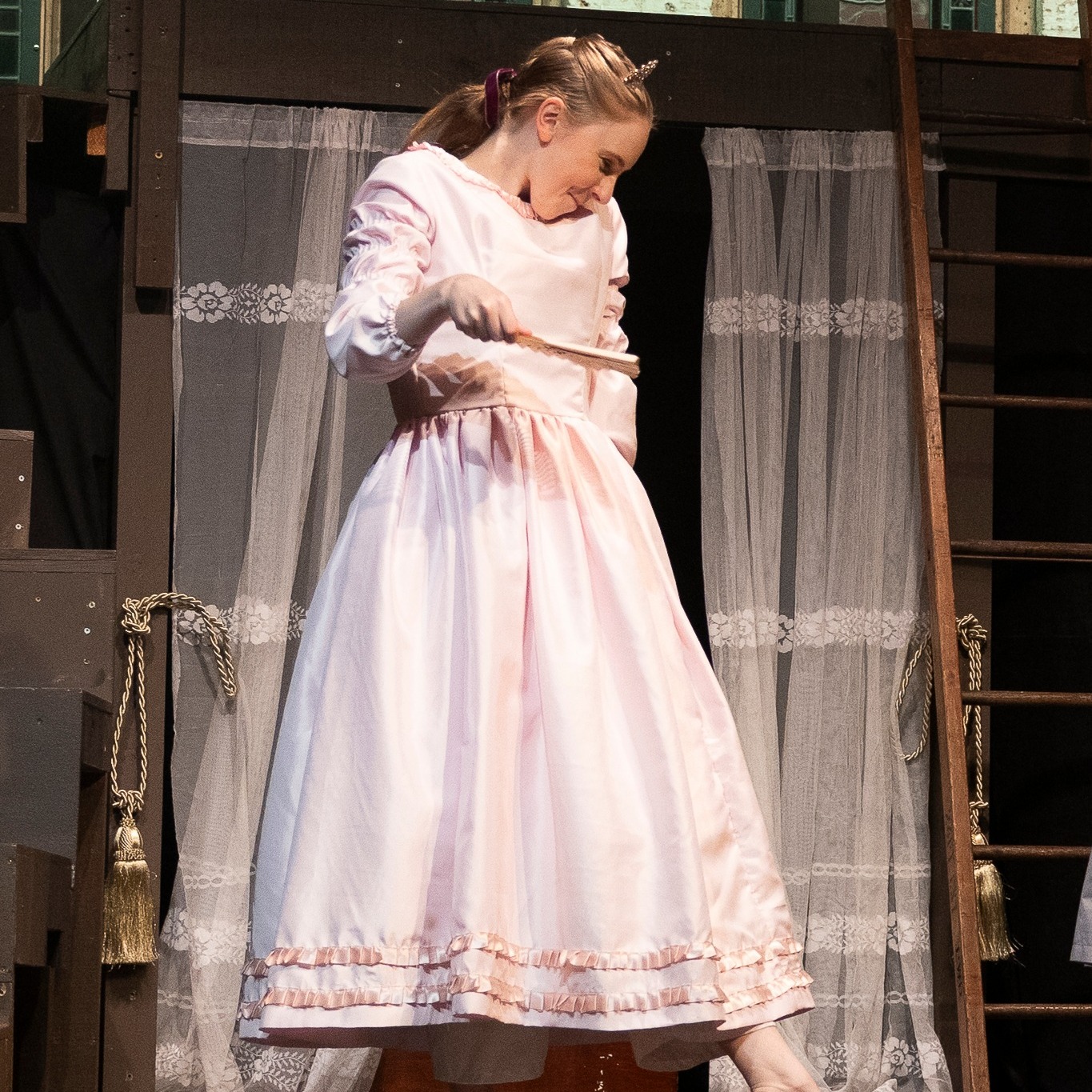
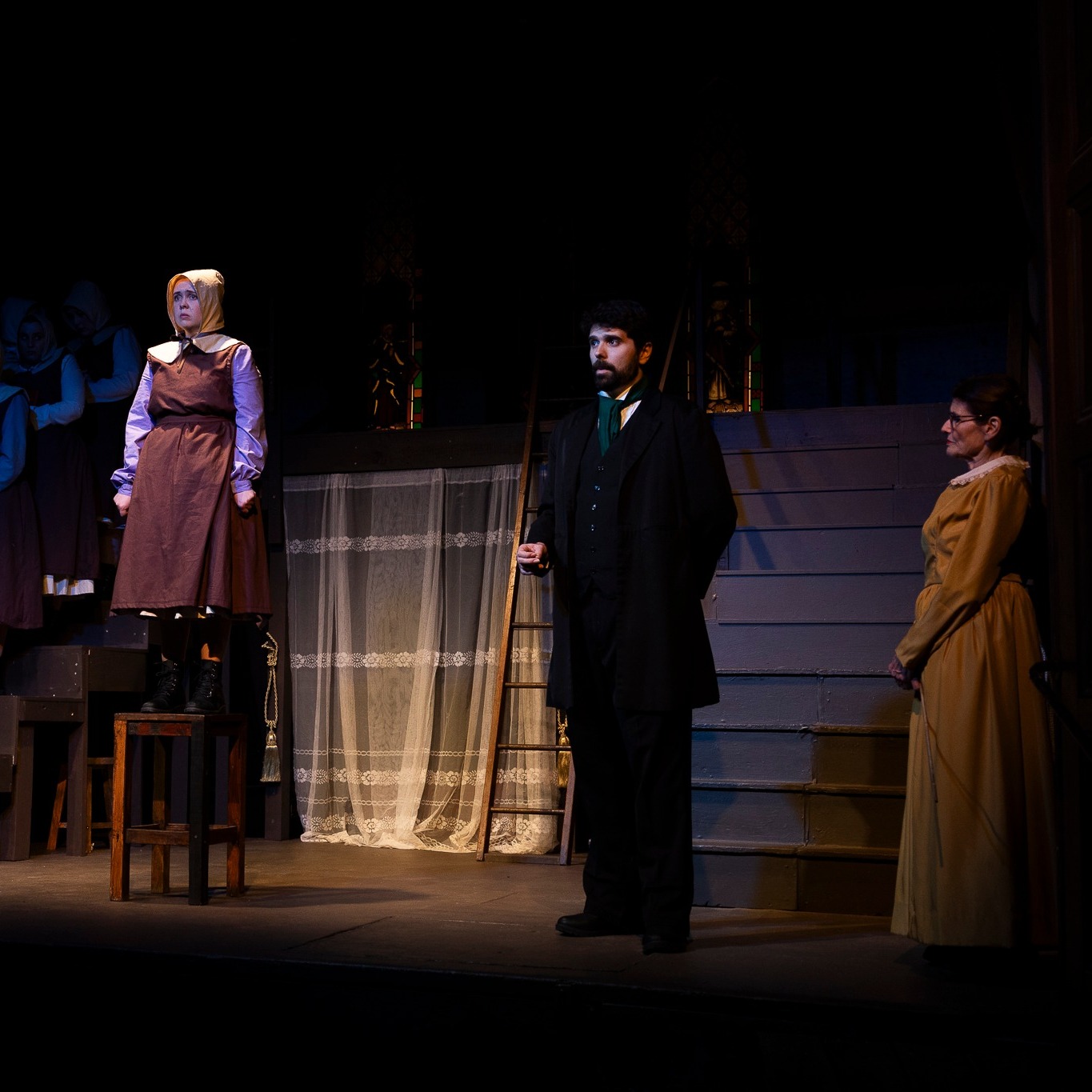
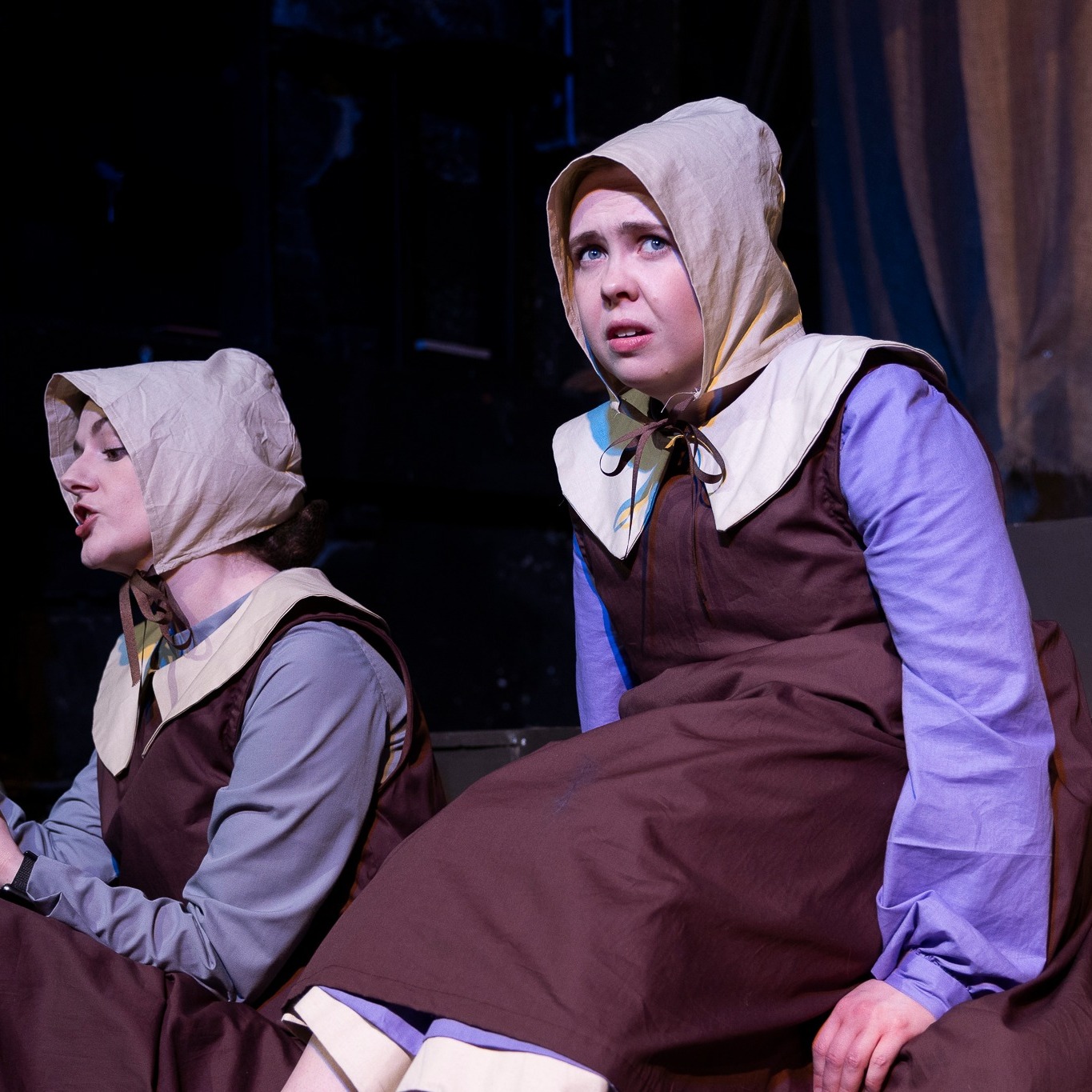
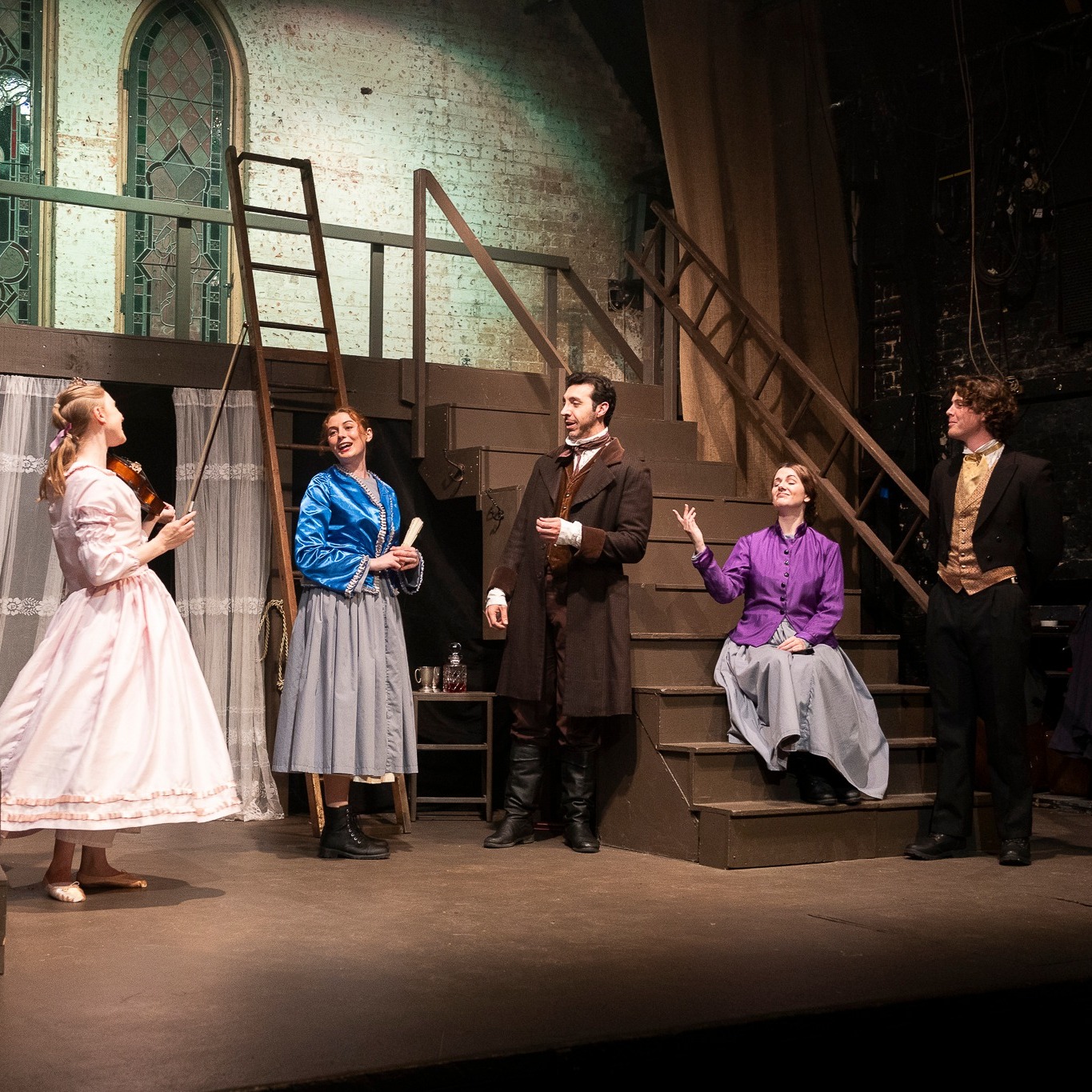
The set makes full use of the Genesian’s unique layout, with the stained glass on magnificent display and secret doors and windows creaking open. There’s a great deal of stuff on stage, knickknacks and bric-a-brac, which are brought out to serve as tables, chairs, library books, or whatever else is needed. The multiple levels and entrances give the small stage a lovely sense of dynamics and movement.
Brendall notes in her forward that this version aims to highlight Jane’s wit, and so our heroine frequently breaks the fourth wall to address the audience. This is meant to be a parallel to the way Jane conveys her story in the novel (“dear reader”), but for me it didn’t quite work. Scenes that should be full of tension, a long look between Jane and Rochester, for example, are broken by Jane turning to us and explaining what she’s feeling. Instead of frisson, the moment fizzles out. It’s an injustice to the actors that we don’t get to ascend those heights of feeling with them.
That aside, it’s a highly enjoyable adaptation. I can understand why certain narrative cuts were made, and they don’t detract from the overall arc. Jane’s love for Rochester feels rushed, but we can forgive a few shortcuts in the name of romance.
This was my first time visiting the Genesian, and I’m disappointed not to have caught more shows here before it moves on to its new premises. Jane Eyre is a high-calibre, thoughtful, and spirited production that is a delight, whether you’re a fan of the novel or not.
For Jane Eyre tickets, please book at Genesian Theatre
Season: 5th Oct – 10th Nov 2024
Friday and Saturday nights at 7.30pm
Sunday matinée at 4.30pm
Running Time: 3hrs 5mins including 20min interval

